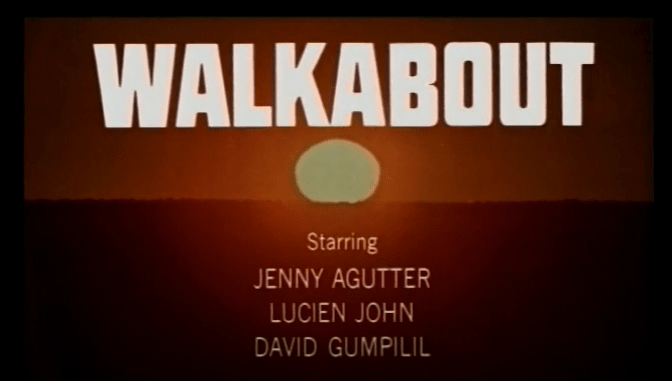Physical Isolation: The Wall
In German with English subtitles — 2012
In this movie, a woman on a weekend retreat to the country finds herself suddenly and inexplicably trapped by an invisible barrier that separates herself and everyone else. She learns to adapt and cope with her isolation. I saw this movie in the theater, I think at the IFC Center. It’s a movie I think about from time to time, and try to think about the invisible barriers I put up for myself.
Domestic Isolation: Jeanne Dielman, 23, Quai Du Commerce, 1080 Bruxelles
In French with English subtitles — 1975
Jeanne Dielman is a single mother who goes through her days completing repetitive and mundane domestic tasks. Although many scenes were choreographed, the director filmed many of these scenes so that they appear real-time, slow, deliberate. Jeanne chooses her daily activities, from shining shoes, to making meatloaf, to turning the lights on and off, but she is essentially trapped in her domestic life of repetition. It’s clear she puts in focused effort as she carries out these tasks, but does she enjoy it? Does it matter?
And there’s something about watching this older movie, which came out in 1975, with no cell phones, no internet — you just feel the pressure of domesticity closing in on Jeanne. There are definitely some surprising plot twists in this movie, though.
I think about this movie often, like when I’m washing the dishes or cleaning the bathtub. I believe I saw this movie on Hulu, back when a Hulu subscription came with access to the Criterion Collection. I hope to watch it again.
Cultural Isolation: Walkabout
In English and an Australian indigenous language (not translated) — 1971

This film is a masterpiece. It stars Jenny Agutter, and was the film debut for David Gulpilil.
Despite the sister and brother being thoroughly dependent on the Aborigine for their physical survival, the sister, in particular, remains unable — unwilling, really — to break out of her cultural frame of reference and the trio remain alone together. I suppose the Aboriginal boy also seems to lack the sense to realize that sticking to his cultural traditions alone isn’t enough to connect with this sibling couple.
Rogerebert.com has this to say:
“The movie is not the heartwarming story of how the girl and her brother are lost in the outback and survive because of the knowledge of the resourceful aborigine. It is about how all three are still lost at the end of the film–more lost than before, because now they are lost inside themselves instead of merely adrift in the world.
…there is a wide range of experiment and experience that remains forever invisible to us, because it falls in a spectrum we simply cannot see.”
Despite the pessimism of this film, I really love the soundtrack for this movie, which was made for the film by composer John Barry. The song, Who Killed Cock Robin is set to a minor key and slow tempo, with orchestra and a chorus; a beautiful effect. You can hear it toward the end of the video.
Marital Isolation: Scenes from a Marriage
Swedish with English subtitles — 1973
Scenes from a Marriage is a 6-part, Swedish miniseries. The series follows a husband and wife, starting from what seems like marital bliss and over time their marriage slowly falls apart. It’s been a while since I originally saw it, but I remember wondering if these two were every really connected or if they were still in their own world but together. They do argue, but it still seems somehow measured.
Anyway, this movie was directed by Ingmar Bergman, and stars Liv Ullmann and Erland Josephson; good reasons to watch.